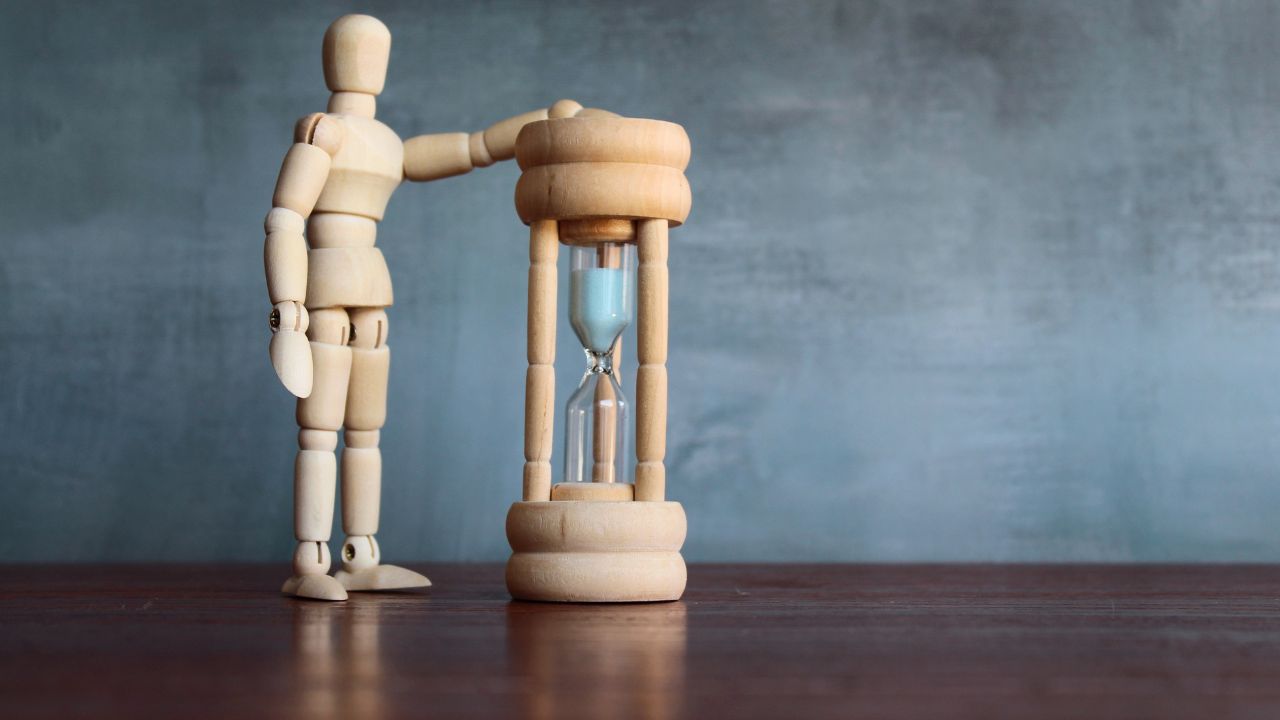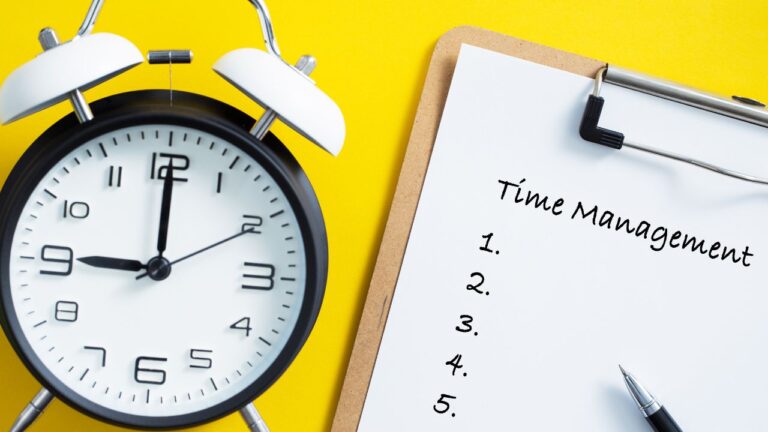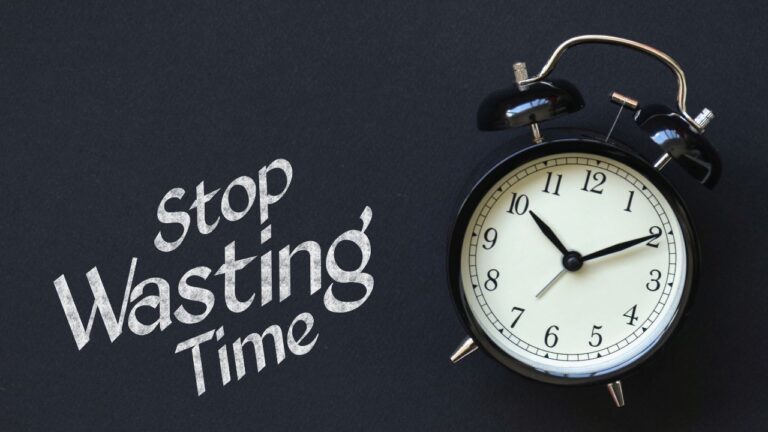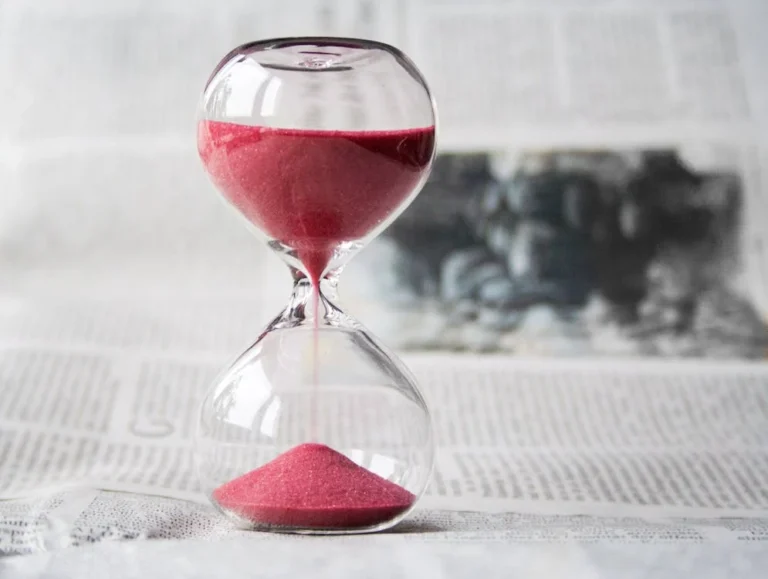How Successful People Manage Their Time Learn Their Secrets
I've spent years studying the habits of highly successful individuals, and I've noticed a fascinating pattern in how they approach time management. While most people scramble through their days reacting to endless demands, top performers operate with an almost clockwork precision that seems superhuman—but it's not. What separates these achievers isn't natural talent or luck; it's their deliberate system for managing both time and energy. I'll share the exact strategies these high performers use, including one counterintuitive approach that completely altered my own productivity. Let me show you what they do differently.
Key Takeaways
- Successful people prioritize their most important tasks during peak energy hours and schedule them using time blocks rather than to-do lists.
- They follow structured morning routines that include hydration, exercise, and goal visualization to maximize daily productivity and focus.
- They combat procrastination by implementing the "touch it once" rule and breaking large projects into smaller, manageable tasks.
- They manage energy through strategic breaks every 90-120 minutes, combining physical movement with mental rest to maintain peak performance.
- They utilize calendar theming to batch similar activities and designate specific task days, reducing cognitive load and increasing efficiency.
Master The Morning Success Formula
How you start your morning sets the tone for your entire day. I've found that successful people follow a strategic morning routine that maximizes their time management and enhances productivity. By waking up early, you'll gain precious quiet hours for strategic planning and self-care, which are essential for maintaining focus throughout your day.
I recommend starting with proper hydration and exercise to energize your body, followed by setting aside time for goal visualization. This practice helps you commit to your objectives and maintains motivation.
When you prioritize your most important tasks during these early hours, you'll tap into your peak energy levels and accomplish more challenging work efficiently.
I've seen outstanding results when clients implement the "touch it once" approach to morning tasks, handling emails and paperwork immediately rather than letting them pile up.
To create your own morning success formula, write down your three most critical tasks the night before, and tackle them first thing when your concentration is highest.
Time Blocking Over To-Do Lists
While establishing a powerful morning routine sets a strong foundation, the way you organize your entire day matters just as much.
I've uncovered that successful people don't rely on traditional to-do lists, which often leave 41% of tasks incomplete. Instead, they've perfected time blocking, a proven time management strategy that alters how you approach daily responsibilities.
I want you to think about switching from your endless to-do lists to a calendar system. By breaking your day into 15-minute blocks, you'll create a structured structure that guarantees every task has its designated time slot.
This approach helps you focus on your Most Important Tasks (MITs) while minimizing distractions that typically derail your productivity.
When you implement time blocking, you'll notice a significant improvement in task completion rates. It's simple: assign specific timeframes for everything from meetings and emails to personal commitments.
This method eliminates the overwhelming feeling of staring at a long list of tasks and instead provides you with a clear action plan. You'll know exactly what to work on and when, making your daily schedule more manageable and your goals more attainable.
Energy Management Through Strategic Breaks
Managing your energy is just as vital as managing your time. I've found that successful time management isn't just about cramming more tasks into your day; it's about maintaining your energy levels through strategic breaks to maximize productivity.
Let me share an important understanding: high achievers comprehend that preventing mental fatigue is key to sustaining focus throughout the day. I recommend scheduling short breaks that align with your natural energy dips, typically every 90-120 minutes. During these breaks, I suggest activities that enhance your cognitive function, like taking a brief walk or practicing deep breathing exercises.
I've observed that the most effective energy management approach combines physical movement with mental rest. When you incorporate strategic breaks into your routine, you'll notice improved problem-solving abilities and clearer decision-making.
I can't emphasize enough how this practice directly impacts your job satisfaction and reduces stress levels. By treating breaks as a productive part of your workday rather than lost time, you'll join the ranks of successful professionals who maintain high performance through intelligent energy management.
Immediate Action Beats Procrastination
Today's most successful professionals understand that immediate action is the antidote to procrastination's productivity poison.
I've found that implementing the "touch it once" rule can change your time management habits, as any task requiring less than five minutes should be completed right away rather than postponed.
To maintain momentum like successful people do, I recommend breaking down larger projects into manageable tasks. When you visualize your desired outcome, you'll find increased motivation to tackle these smaller pieces without delay.
I've seen impressive results when clients pair this strategy with clear progress tracking and firm deadlines.
I always emphasize the power of accountability in beating procrastination. Finding someone to check in with regularly about your goals can provide the extra push needed to take immediate action.
Whether it's a colleague, mentor, or friend, having someone who expects updates on your progress creates a powerful incentive to stay on track.
Ruthless Email Management Systems
Email overwhelm poses one of the biggest threats to modern productivity. I've found that successful individuals maintain their focus by implementing strict time management systems for handling their inbox.
One particularly effective approach is the 321-Zero system, where you check emails just three times daily for 21 minutes each. This structured approach can dramatically reduce the typical 2.5 hours most office workers spend on emails.
I recommend starting with clear organization using filters and folders to categorize your messages. This system helps you prioritize effectively and locate important emails quickly.
When composing emails, I always emphasize the significance of writing clear subject lines that indicate urgency and required actions. This simple practice helps recipients manage their responses more efficiently.
One essential habit I've observed among productive professionals is following the "touch it once" rule. When you open an email, deal with it immediately rather than letting it sit in your inbox.
This approach minimizes distractions and prevents the buildup of digital clutter. By implementing these structured email management techniques, you'll reclaim significant time and maintain better focus throughout your workday.
Productive Calendar Themes And Schedules
Strategic calendar theming revolutionizes how successful professionals organize their time. I've found that implementing productive calendar themes, like dedicating specific days to certain tasks, can change your time management approach. When you designate "Marketing Mondays" or "Finance Fridays," you'll notice a significant reduction in your cognitive load since you're not constantly switching between different activities.
I recommend using time blocks within your themed days to maximize focus and minimize distractions. For instance, you can set aside two-hour chunks for deep work, followed by short breaks to maintain your energy levels throughout the day.
It's essential to include buffer times between tasks, as this prevents burnout and allows for unexpected situations that may arise.
I've learned that task management becomes more efficient when you batch similar activities together. Remember to regularly review and adjust your calendar themes based on what works best for you.
This commitment to continuous improvement guarantees your schedule remains effective over time. By following these structured approaches, you'll develop a rhythm that enhances productivity while maintaining a sustainable work pace.
Conclusion
Dominating time management isn't about working more hours but working smarter with the time you have. I've shown you proven strategies that successful people use daily, from morning routines to strategic breaks. When you implement these methods consistently, you'll notice improved focus, reduced stress, and greater productivity. Start with one technique tomorrow, build momentum, and watch as your efficiency evolves. Your path to better time management begins with action.






